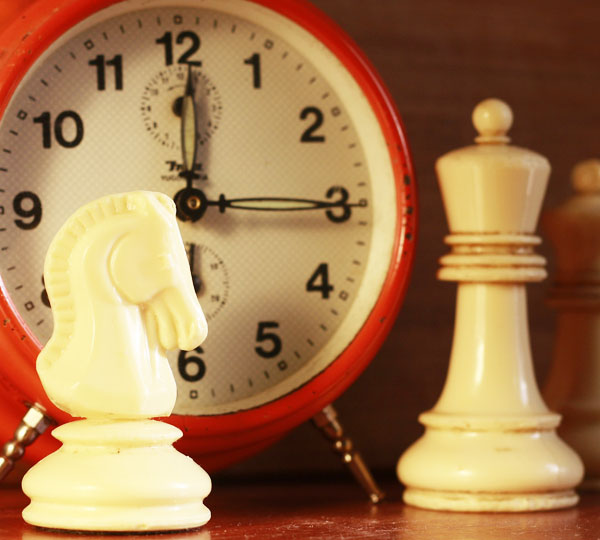- Red Knight Chess-
- December 22,2019
As time goes by, the kids are learning more and more topics. Chess is a game that requires learning. The amount of chess theory is staggering. Most of the people who didn’t had chess experience think of chess as any other board game: you learn few rules about what you can (and can’t) do and then you are set to go.
Chess is unlike any other game. Chess has its own literature. There are thousands upon thousands of chess books out there, about chess openings, middlegames and endgames, chess strategy and tactics, combinations, etc. Chess players start learning as beginners, and they never stop learning. This includes World Champions too. There is always something new to learn.

But learning large amounts of chess theory, rules and principles, are not enough to become better chess player. Chess is a game and it requires developing playing skills, and those skills can be developed – by playing. Kids who play more often will usually advance ahead of those who don’t play in-between the chess sessions.
To put it differently, getting better at chess is a balance between learning and playing. Kids who play a lot, but don’t learn enough, will stay at their level, or they will progress very slowly. Same is true for those who learn a lot, but they never, or hardly ever play. Playing and learning should go together and then theoretical knowledge will be followed by the necessary playing skills.
Why am I writing all this? Because I want to advise all parents here of chess kids here in Bangkok, who would like their kids to improve faster, to encourage them to play more. Playing home with parents or grandparents who know how to play, is a great start. Using applications and online playing platforms can also help. But playing with peers is not replaceable. Kids develop their playing skills over the chess board, playing with other kids of similar level.
Please have that in mind before you decide that your 6 year old child will become strong chess player by taking once a week private sessions. If your child is not exposed to playing and learning chess with his peers, there are very small chances to keep the pace with those who do that. Eventually he’ll get bored of the routine and lose interest in playing chess. Yes, private sessions are very good, the coach will be focused only on one student and so the student will be able to gain more theoretical knowledge. But this will only have the right effect if it is followed up by playing with other chess kids and participating in chess tournaments.
I hope that this post will be of use to parents who are new in chess.
Have a nice day!
